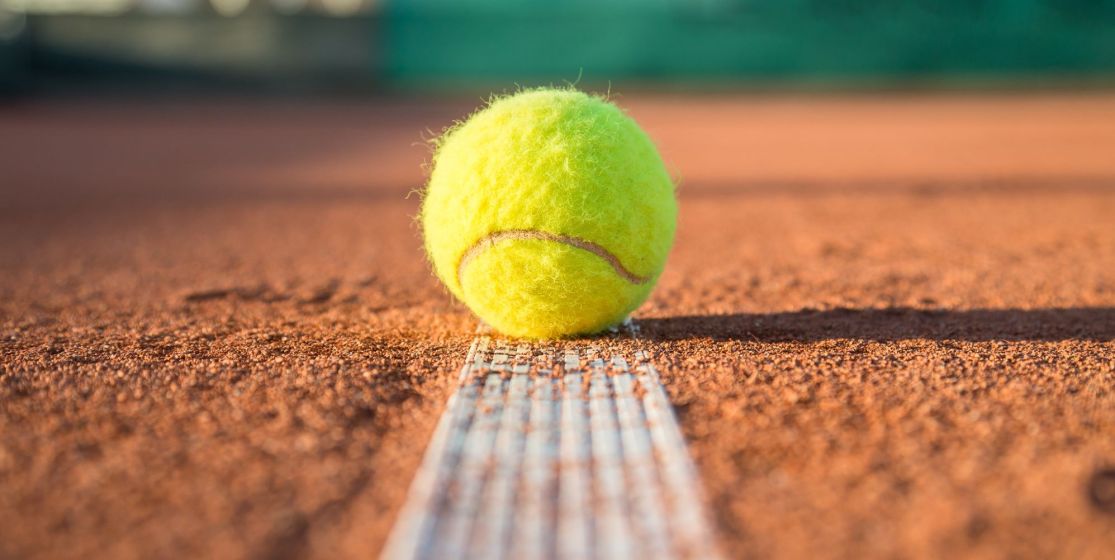Seated (moderately comfortably) in their chairs 6 feet above the ground and 20 inches from the court, the chair umpires have a front row seat to enjoy a game. But unlike the spectator and the TV viewer, they can't play with their smartphone, or change the channel. Focus on a very special job.
You can have the best spot among the tens of thousands of seats in a tennis stadium, enough to make Beyoncé, Jay-Z and Co jealous in their VIP lounge, and still not enjoy a Nadal-Federer to its fair value. This is the paradox for professional umpires. "On our chair, we certainly are in the best spot to watch the matches, but it's a privilege countered by all the psychological stress that this job requires. At the end of the day, we don't enjoy all the matches" says the Frenchman with a name made for the game, Alexander Judge, umpire on the ATP and WTA tours since 1994.
And for good reason, as the slightest relaxation can be fatal. How many players, when in control of a match, have mentally crumbled following an umpiring mistake against them? "A danger that needs to be minimized at all costs," according to Alexander Judge. Whether the match of which he's in charge is over in 1 hour and 30 minutes or lasts more than 11 hours as the infamous Isner-Mahut at Wimbledon 2010, an umpire must never lose his focus. And don't think that the short period of time between the end of a point and the following are moments for relaxation, if we are to believe Franck Sabatier, sort of arbitration honcho at the French Tennis Federation: “An umpire can't afford to think of his shopping list or anything between points, or even during changes of side. He must always stay alert: make sure that a player doesn't talk to his coach, manage the crowd, ensure the quality of the balls... etc. At the end of the day, he doesn't have the same match experience as a spectator.”
Models in the stands and transportation snafus
It is a job that requires both physical and psychological qualities and a relatively uncluttered lifestyle. It's also better for them to take precautions as, even though an umpire has every right to take time off to go to satisfy an urge, "doing it is kind of a malpractice in my opinion,” fumes Alexander Judge. “So we avoid drinking coffee in the two hours prior to a game." Moreover, some matches can last longer than expected, causing some logistical problems. “I remember booking a train at 5 p.m. once and still being on the court at 5.30. A common practice in the job is to sneak a word to the ball boy with the details of the trip, so he can warn a linesman who can then care of changing the reservation.” says Jerome Layer.
In fact, it's actually quite difficult to avoid all the possible distractions and temptations. “I would be lying if I said it never happens. If a model is in the stands, we don't refrain from looking at her for 5 hours. But we know how to increase our vigilance at the key moments, at 4-4 for example”, continues Jerome Layer.
Often used as an underhanded means to break the rhythm of the opponent when a player is in trouble, the appearance of a physio is also a kind of deliverance for the umpire, who can finally disconnect, even if he must not lose focus. "Similarly, getting down from the chair to go to confirm if a ball is foul or not is a good way to stretch your legs and break the monotony. This is why I'm never reluctant to verify when a player challenges a decision" said Layer. However, a question remains: what about the weariness felt when two players make them feel that the game could last forever? “Make no mistake; we all do this job to officiate matches over 5 sets. They're the ones that pass the most quickly, and the concentration just comes from itself" suggests Alexander Judge. The duration of a match is inversely proportional to the boredom it creates, by the uniqueness of the long games and the challenge they offer. An opinion shared by Franck Sabatier: "Of the 230 games an umpire oversees per year, only a dozen exceed four hours. And we must not forget that the referees aren't the ones who suffer the most”.
By Marc Hervez






